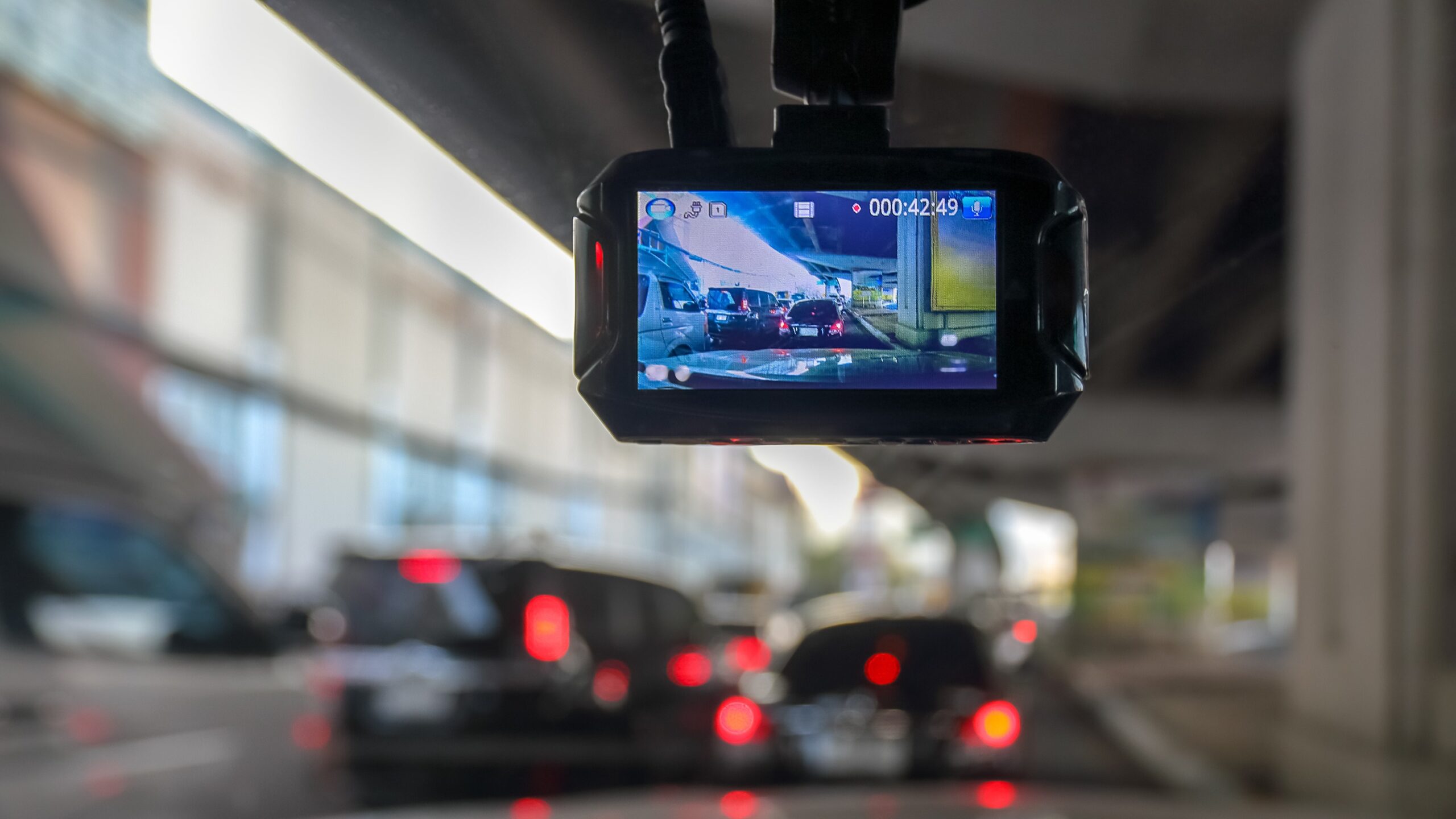In a world where capturing every moment has become second nature, the use of dash cams in vehicles has skyrocketed. These small, windshield-mounted devices offer drivers a sense of security and recourse in the event of an accident or incident. However, as dash camera usage grows, so does the complexity of navigating the varying legal landscapes across states. Let’s delve into what you need to know about dash cam laws and how they affect you.
Navigating Dash Cam Laws: State-By-State Variations
First and foremost, it’s crucial to understand that dash cam laws can significantly vary from one state to another. Some states have specific regulations that dictate how and where a dash cam can be mounted, while others may focus more on the audio recording capabilities of these devices. For example, in states like California, your dash cam must not obstruct more than a 5-square inch area on the driver’s side or a 7-square inch area on the passenger’s side of the windshield. Violating these guidelines can send you scrambling to adjust your setup or face penalties.
Privacy Concerns and Consent
One of the most pressing issues surrounding the use of dash cams involve privacy and the concept of consent. In states with two-party consent laws, you are required to inform all parties being recorded that you are using a dash camera with audio capabilities. This is where the agility of your approach to using dash cams becomes crucial. Imagine you were a project manager using agile methodologies where flexibility and rapid adjustments are key. Similarly, being agile with your understanding and compliance with dash cam laws ensures not just legal adherence but also respect for everyone’s privacy.
Remember the Time When “Send” Was Just About Mail?
There was a time when the word “send” would conjure up images of stamps, envelopes, and the occasional post office visit. Now, in our hyper-connected world, “send” has taken on new dimensions. Picture this: you capture a minor fender bender on your dash cam. With the press of a button, this footage can be sent to law enforcement or insurance companies, providing irrefutable evidence of the incident. This shift highlights not only how technology like dash cams can serve as a witness but also the evolving nature of how we interact with and rely on digital tools in everyday scenarios.
Exploring the Legal Implications of Dash Cam Footage
Dash cam footage can be a double-edged sword. While it can certainly protect you by providing evidence in disputes, it can also be subpoenaed by courts or requested by insurance companies. Here’s where the rubber meets the road: understanding the legal implications of your dash cam recordings. It’s essential to be aware that while these recordings can help you, they must be handled with care to ensure they don’t end up dragging you into legal complexities instead.
A Lesson from A Heavy Load Dragging
Consider a situation where you’re dragging a heavy load up a hill. The effort and the strategy you must employ are immense and meticulous. Similarly, mishandling dash cam data, such as sharing footage publicly without consent, can be likened to carelessly dragging this load without assessing the risks, potentially leading to legal issues and violations of privacy.
Maximizing the Benefits While Minimizing Risks
To truly benefit from your dash cam, you must stay informed and compliant with your state’s laws. Think of your dash cam as a tool in your vehicle’s safety kit. Just as you wouldn’t recklessly use other tools, the same level of consideration should guide your use of a dash camera. Regularly check the latest laws and regulations in your state and ensure that your dash cam setup adheres to these rules.
Dash cams are not just about recording trips or capturing scenic drives. They are powerful tools that, when used properly, can significantly enhance your driving experience and provide a reliable account of events as they unfold on the road. Whether it’s proving your case in an accident or simply capturing a memorable drive, understanding and respecting the laws governing dash cams will ensure that this technology works for you, not against you.
So, as you journey through the different terrains and legal landscapes, remember that the power of technology, when combined with knowledge and compliance, can provide not just security but also peace of mind. Let your dash cam be a testament to how you handle driving: with responsibility, awareness, and respect for the law.
Understanding Your Rights with Dash Cam Laws Across States



